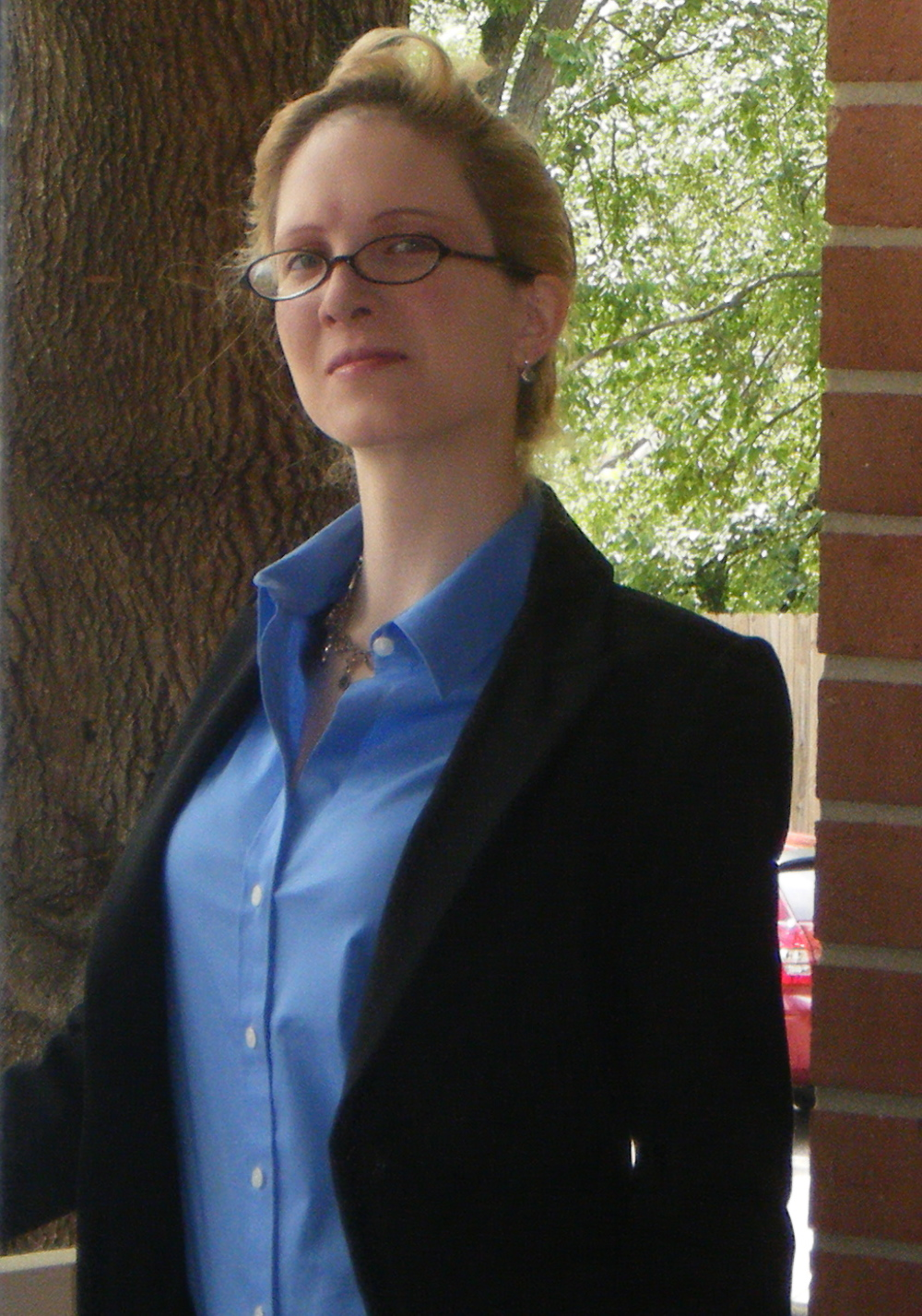By Genevieve Hancock
Senior Financial Reporting Analyst, Disney Parks and Resorts

Each and every person has a laundry list of roles and responsibilities. At home, at work, and at school, there is always going to be something pulling on our attention.
This brings me to the Jar Theory. Imagine a tall cylinder, filled with all different types and colors of liquids. The liquids create layers depending on weight. Life can sometimes be analogous to that jar full of liquid priorities that don’t quite mix, filling your time and energy constraints. If you fill your jar up with too much of one thing and the others quickly slosh over the top and spill. Other times there is overlap, like stirring oil into water when your work and home life compete.
There are many different ways to keep everything on track, and some of the key items to help keep your time and energy management are outlined below.
Organize
Increase your project management skills by breaking down large goals and deliverables into smaller “bite-sized” pieces. Use the Specific, Measurable, Attainable, Reasonable and Timely (SMART) method can help ensure that you aren’t reaching too far too quickly or over-shooting your capabilities. We all think we can do anything, until five more of ‘anything’ fill up our to-do list and we get overwhelmed and exhausted.
Bullet journaling, list-making and appointment books are useful tools in staying organized. Try to look over your schedule the week before and ensure that there is nothing missing or overlapped. Proper preparation can avoid time wasted at a late notice.
Schedule time, and commit to that time. If you only have 30 minutes for a meeting, bring the focus back to the task at hand when the conversation goes off on a tangent. If you respect your own time constraints, then others may follow your lead.
Efficiency
Make sure that you are cross-referencing your goals — list them out in chart form if needed. Whether it is at home or work, there tends to be a lot of overlap. If you have three separate items to do and two have questions which go to the same person, would it make more sense to send one email or two? Consolidated, concise communications can elicit consolidated and concise answers, dependent on the length of the request.
Reward yourself for what you have accomplished, and don’t lose it under the remaining to-do list. The items you have crossed off that list are worth a lot, too.
Make time for self-care
Everyone needs time to recharge and recoup motivation and energy. Make time to take care of your physical, mental and emotional health. After long periods of stress, you can lose focus and, with it, efficiency and quality in delivering your work. Make sure to schedule and organize your personal time, as well as your professional time, even if it is only for relaxation or television. You know yourself best, and spending time to yourself in order to get rest and do things that you find fun or relaxing helps to ensure we are recharged.
Know your limits
If you are constantly tired and overwhelmed, you are likely not being efficient. Identifying when (and who) to ask for help and support is sometimes exactly what is needed. Make sure that you are insightful as to the quality of everything you are accomplishing, not just the time period in which you accomplished it. Self-awareness is key in knowing that you can’t overfill your jar, or assume that one more drop can fit every time. The jar has a top, and that top isn’t going to change just because you want it to grow.